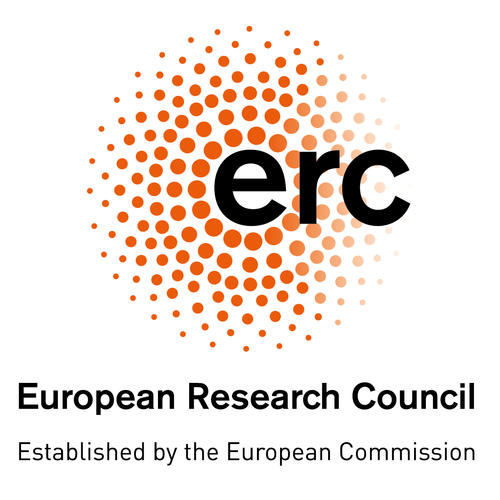Verbal Symbols Support Concrete but Enable Abstract Concept Formation: Evidence From Brain-Constrained Deep Neural Networks
Dobler, Fynn R.; Henningsen‐Schomers, Malte R.; Pulvermüller, Friedemann – 2024
Concrete symbols (e.g., sun, run) can be learned in the context of objects and actions, thereby grounding their meaning in the world. However, it is controversial whether a comparable avenue to semantic learning exists for abstract symbols (e.g., democracy). When we simulated the putative brain mechanisms of conceptual/semantic grounding using brain-constrained deep neural networks, the learning of instances of concrete concepts outside of language contexts led to robust neural circuits generating substantial and prolonged activations. In contrast, the learning of instances of abstract concepts yielded much reduced and only short-lived activity. Crucially, when conceptual instances were learned in the context of wordforms, circuit activations became robust and long-lasting for both concrete and abstract meanings. These results indicate that, although the neural correlates of concrete conceptual representations can be built from grounding experiences alone, abstract concept formation at the neurobiological level is enabled by and requires the correlated presence of linguistic forms.

